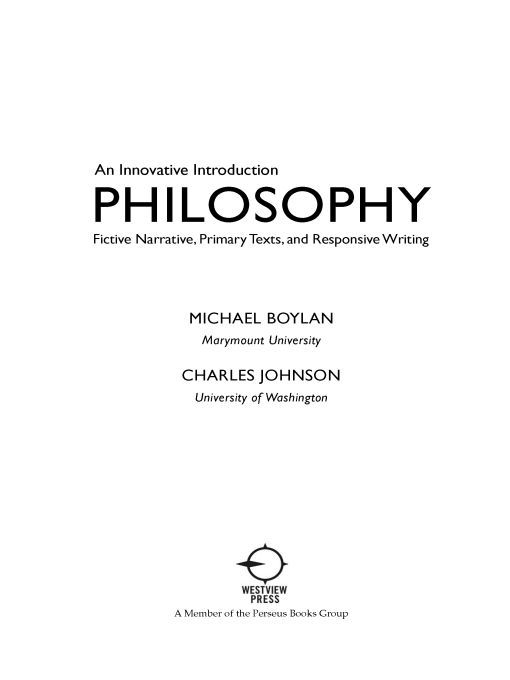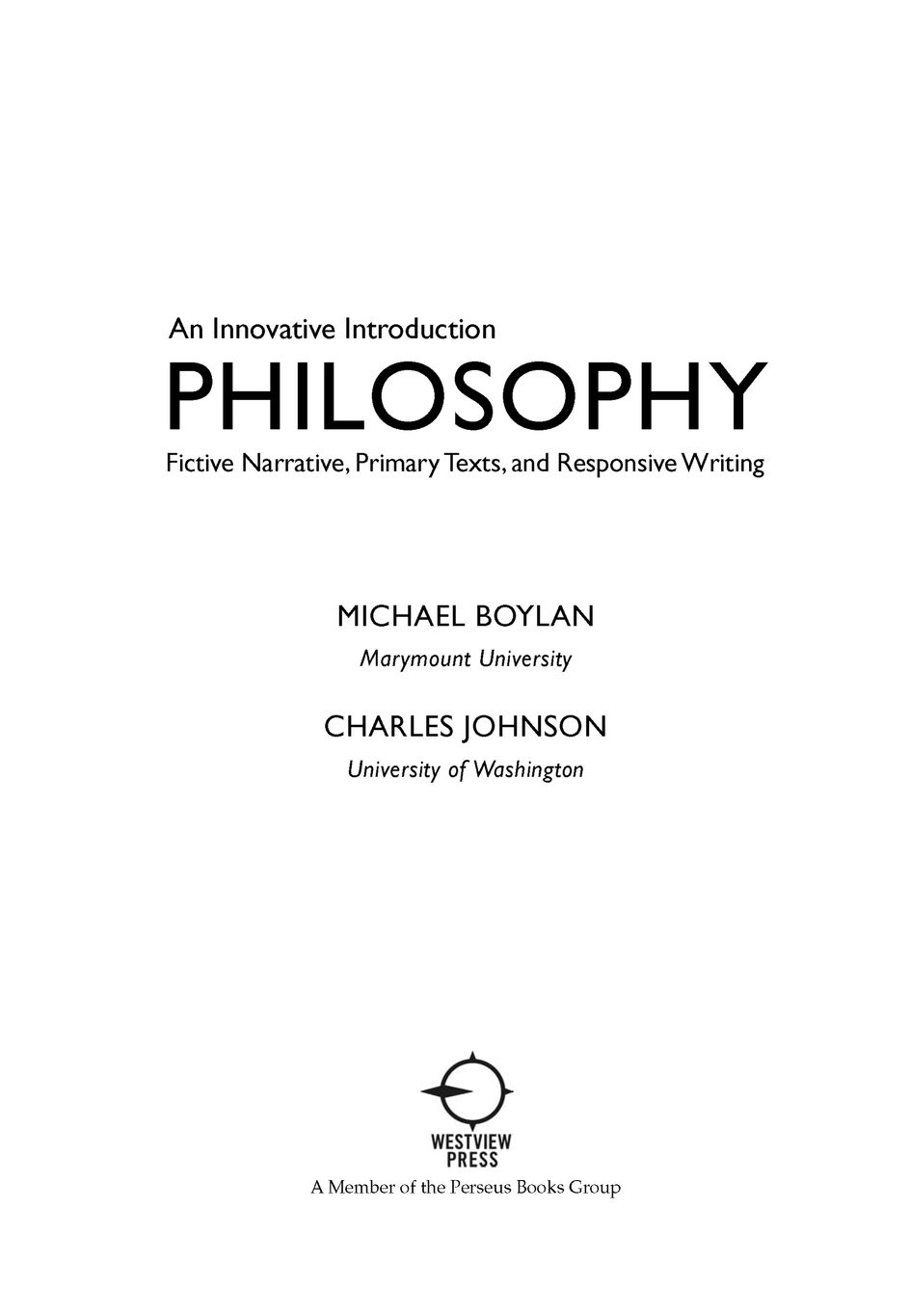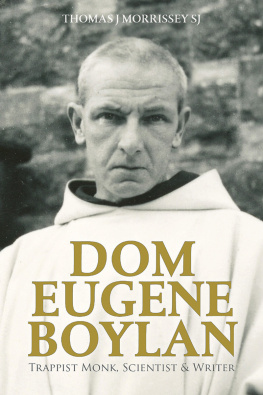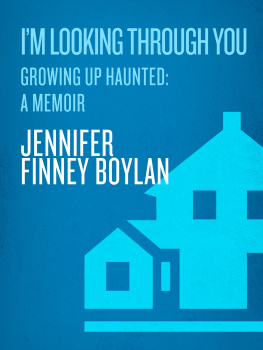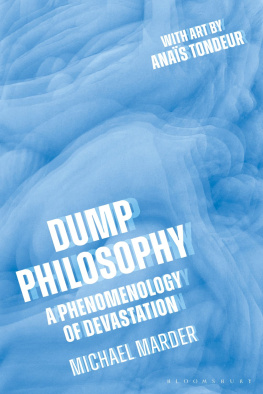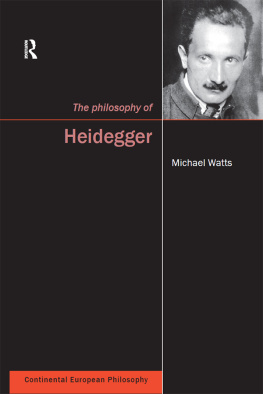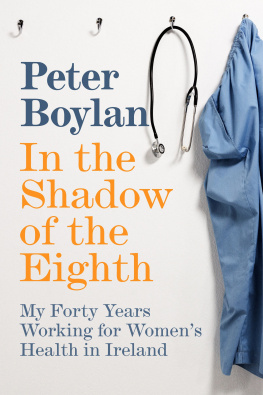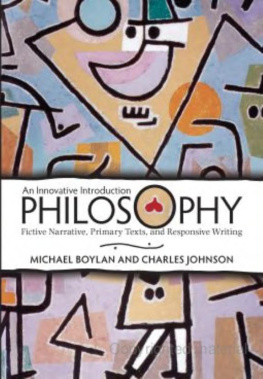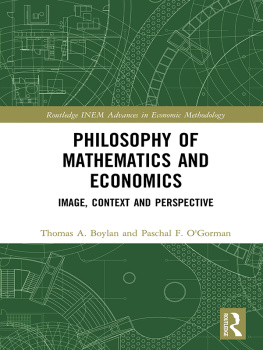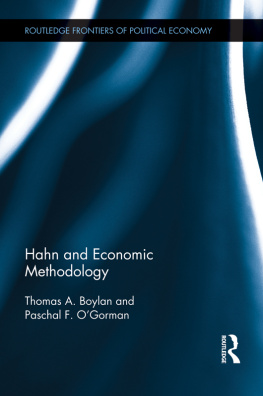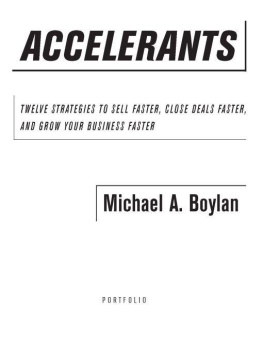Table of Contents
Praise forPhilosophy: An Innovative Introduction
"This is an exciting book that promises to invigorate courses in philosophy, ethics, and the humanities.... The authors offer a robust conception of fictive narrative philosophyone that treats seriously the power of fiction in philosophical discourse. The authors innovative approach pairs the philosophies of major figures with short stories that engage those figures in thought-provoking ways. The result is that the philosophical tradition is brought to life for students as abstract ideas become vivid and compelling.
Linda Furgerson Selzer, Penn State University
Boylan and Johnson return philosophy to its original homethe story. By blending narrative with other philosophical discourses, they create an approach that engages ambiguity in order to attain wisdom.
Marc Conner, Washington and Lee University
In the acknowledgements Charles Johnson quotes Camus, If you want to be a philosopher, write novels. While an extravagant claim, Boylan and Johnson have conceived and brought to life an innovative new introductory philosophy text that richly demonstrates what Camus calls for.... The text offers numerous helpful aids for the classroom, but most importantly it uniquely blends traditional philosophical argumentation with provocative fictive narratives (stories) that promise to engage students more fully, thus bringing philosophy alive in ways more traditional texts can only approximate.
Richard E. Hart, Bloomfield College
This unusual introduction to philosophy has broad appeal without sacrificing intellectual rigor.
Felicia Nimue Ackerman, Brown University
This book is a tour deforce.... Designed not only to inform but also to stimulate our feelings and imagination, the creative imagery of the fictional stories accompanying the philosophical texts succeed in instantly transporting us to the everyday lives of these famous philosophers. We walk with Socrates as he struts around the Agora of Athens animated in the midday sun talking about justice. We wait in Kants living room as he changes his tie before answering the door to welcome guests to yet another of his Friday dinner soires. Like Platonic dialogues, this wonderful and timely book works not only with words but with powerful, visceral imagery.
Edward Spence, Centre for Applied Philosophy and Public Ethics, Charles Sturt University
PREFACE
This is a new and unconventional introduction to philosophy. Like traditional, conventional texts, this book is linked by common themes and a historical presentation. Students learn to reconstruct direct-deductive arguments and then evaluate them. The texts represent some of the major figures in the canon, along with some new facesBuddha, Hannah Arendt, Iris Murdoch, and Martin Luther King Jr.who contribute to a more multicultural and inclusive presentation of the field of philosophy.
In addition to the conventional deductive array, this text uniquely presents a narrative component. From Chapters 1 to 3 in Part 1 (on writing direct- and indirect-discourse responses to philosophical arguments), to the short stories that lead off the readings in each of Chapters 4 to 13, to the creative writing exercises that follow each of the readingsnarrative is brought forward in a manner that engages students in a compelling fashion. This second mode of presentationreading and writing fictive narrativeconnects to students in ways that complement the direct-discourse model. It has been our experience that the mixture of narrative with direct-discourse presentation touches the right- and left-brain perspectives of students in a powerful way, unmatched by any other textbook with which we are familiar.
In particular the unique features of this book are these:
Three introductory chapters on the time-honored and essential role of narrative fiction in philosophy (Chapter 1), constructing direct logical responses to claims (Chapter 2), and constructing indirect fictive-narrative responses to claims (Chapter 3).
Ten chronologically arranged chapters pertaining to key figures in ancient and medieval philosophy (Plato, Aristotle, Buddha, Aquinas) and modern and contemporary philosophy (Descartes, Kant, Marx, Heidegger and Arendt, Murdoch, King).
A short story in Chapters 4 to 13 that focuses on a key insight into that chapters featured philosopher.
Short, primary, direct-discourse texts in Chapters 4 to 13 that connect to the subject of the story. In addition to readings from the featured philosopher in each of these chapters, primary texts are also included from Gottfried Leibniz, Christian Wolff, David Hume, and G. W. F. Hegel.
Double chapters (Chapters 9 and 10), dealing with Kant and Marx that also include primary texts by other philosophers, providing a historical and intellectual context for the featured philosopher. (Double chapters also have double class assignments.)
Probing reading and discussion questions that help students identify and focus on essential arguments in both the short stories and the primary texts.
Class exercises: writing assignments in both the direct and narrative formats.
Suggested midterm and final assignments in both the direct and narrative formats.
Games (exercises) in philosophy (in the appendix) that are broadly representative of the discipline.
A glossary of key philosophical terms, placed in the front matter, where it is easily found and consulted by students.
Furthermore, the reading selectionsboth the short stories and the primary textshave been chosen for their cogency in developing certain themes as well as for their accessibility to the introductory student. The themes developed in the readings cover all four of the traditional branches of philosophy: ethics, epistemology, metaphysics, and logic:
From ethics andsocial and political philosophy, the readings consider the duty to obey or disobey unjust laws. Among the primary direct-discourse texts, for example, Platos Crito exhorts us to obey even unjust laws, whereas Aquinas (in his Natural Law) calls upon us to obey the natural law over unjust human laws. Two readings by Marx (Alienated Labor and Private Property and Labor) urge us to change unjust social structures, but Eichmann (in Arendts An Expert on the Jewish Question) advocates following orders in ones sovereign state. Likewise, in a more contemporary vein, Murdoch (Ludwigs Conundrum) sympathetically repeats the Crito argument, while Kings Letter from a Birmingham Jail sympathetically repeats Aquinass argument.
From epistemology, the readings present contending perspectives on the role of a priori and a posteriori input in forming judgments in ones mind about the world. This tension between perspectives is represented among the primary texts of this book by Aristotles functional account of mind that is materially oriented, by Descartess rationally leaning account, by Leibnizs and Wolffs mixed accounts leaning toward rationality, by Humes empiricism based on mitigated skepticism, and by Kants critical empiricism.
From metaphysics, the readings ponder the role and nature of Being, as described, for example, in Platos Charioteer myth in the context of a theory of Forms. Likewise, Buddha situates Being in the context of not being; Aquinas assumes transcendent Being in his presentation; Hegel describes a mode of being in Geist (spirit); Marx attacks Hegel; Heidegger modifies Hegel through his analysis of Being through a questioning process on the Being of a being; and King (like Aquinas) assumes transcendent Being.

